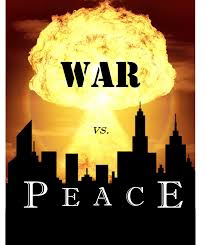what makes a School ?
A school is an institution designed to provide learning spaces and environments for the teaching of students under the direction of teachers. It's one of the social agent with which students are attached to. Here are some key factors that makes a school special: Innovative Curriculum : Offering unique and engaging courses that go beyond standard curricula, incorporating experiential learning, project-based learning, and interdisciplinary studies. Exceptional Teachers : Dedicated, passionate, and highly qualified educators who inspire and support students, fostering a love for learning and personal growth. Inclusive and Supportive Environment: A welcoming atmosphere that promotes diversity, equity, and inclusion, ensuring all students feel valued and supported. Strong Community and Parental Involvement: Active engagement from parents and the local community, creating a collaborative environment that enhances the educational experience. Extracurricular Opportunities: ...

